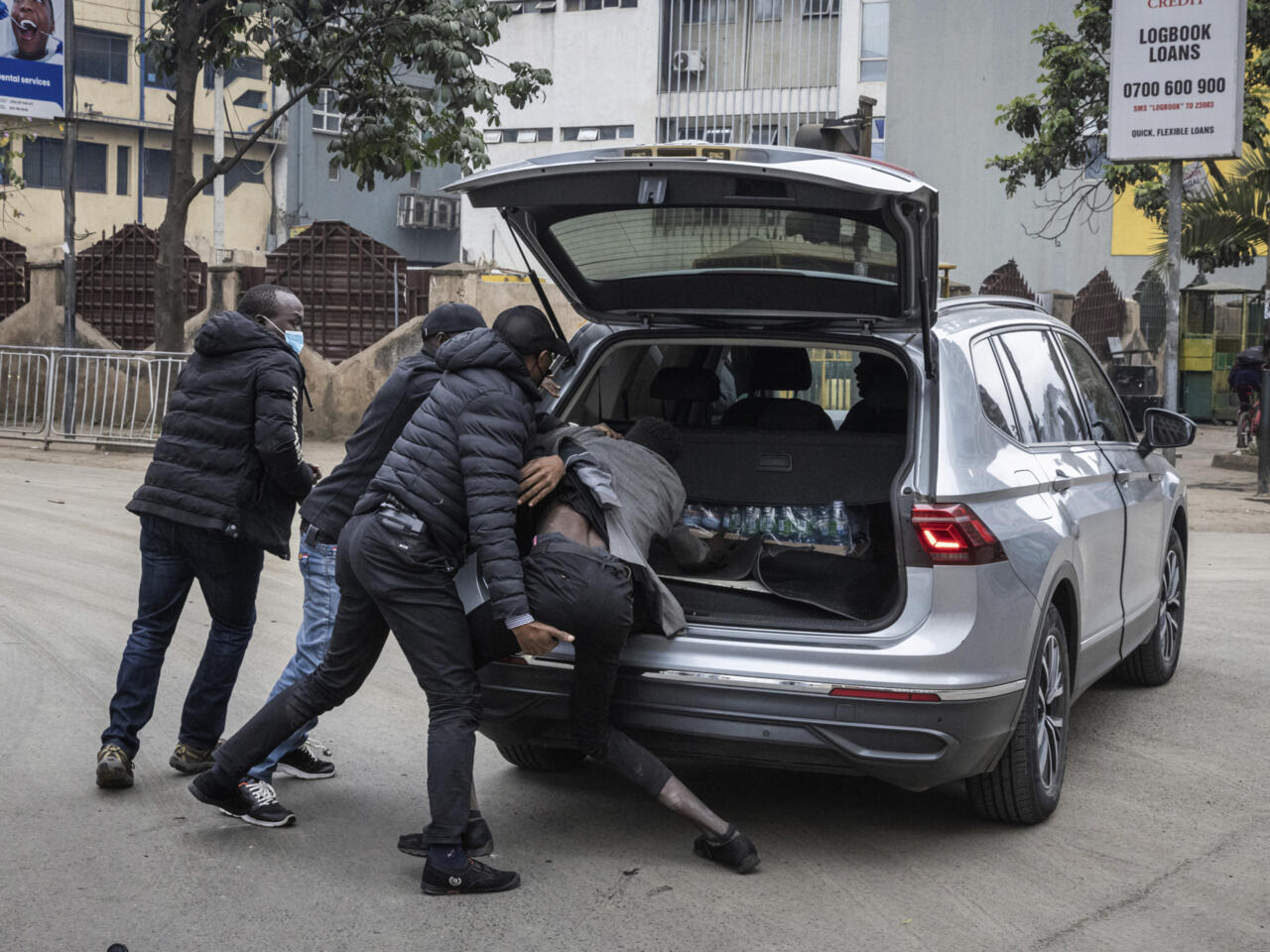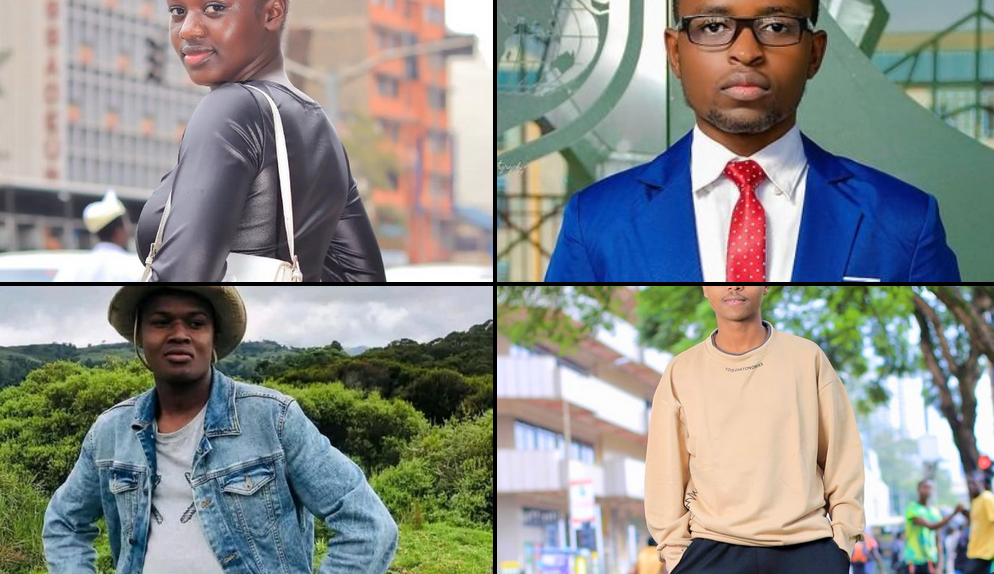Since William Ruto became the President of Kenya, there has been a marked increase in abductions, mostly targeting individuals who are critical of the government, activists, and those involved in political dissent.
The number of abductions has indeed spiked, with many victims vanishing without any trace or explanation. Families have been left in distress, seeking answers and justice, with many feeling neglected by the authorities. Notable victims include critics like Kibet Bull, Billy Mwangi, and others who have publicly opposed or criticized government policies or actions.
Government Denials and Public Skepticism
The Ruto administration has repeatedly denied any direct involvement in these abductions. Government officials have publicly stated their commitment to human rights and citizen safety, but skepticism remains high among the public and rights groups. Critics argue that the government's response lacks the urgency and transparency needed to address what has become a human rights crisis.
Human rights organizations, including Amnesty International and Human Rights Watch, have been vocal, demanding thorough investigations and accountability. They have highlighted numerous cases where individuals have been detained without legal basis, often in secret locations.
Chilling Effect on Kenyan Society
The fear of abduction has instilled a chilling effect on Kenyan society. There's a growing hesitance among citizens to express dissent or engage in political discussions publicly, which threatens the fabric of democracy by limiting free speech. This atmosphere of fear is believed to suppress public discourse and activism, crucial elements for a vibrant civil society.
"The hashtag #RutoMustGo has gained traction, reflecting public frustration with the ongoing abductions. Many argue that only a change in leadership can restore trust in the government's commitment to human rights."
Government Response and International Concern
Moreover, there has been significant coverage about the government's response to these allegations. Some reports indicate that the administration has occasionally admitted to police excesses but frames these as isolated incidents rather than systemic issues. Others highlight the government's apparent inaction or slow response in locating and ensuring the safety of those who have been abducted like Kibet Bull and Billy Mwangi.
The Kenyan National Commission on Human Rights has documented numerous cases, fueling ongoing debates about governance, rule of law, and the state of democracy under Ruto's leadership. There's also a call for more international pressure to address these human rights concerns, with stories of international leaders and organizations expressing concern over the situation in Kenya.
Conclusion
In conclusion, while the government insists on its commitment to human rights, the reality on the ground suggests a different narrative. The public's demand for accountability, transparency, and justice continues to grow, highlighting the urgent need for action to prevent further erosion of democratic values in Kenya.
Notable Abduction Cases:
- Kibet Bull - Disappeared after criticizing government policies
- Billy Mwangi - Activist abducted after organizing protests
- Multiple GenZ protesters - Vanished during #RejectFinanceBill demonstrations

